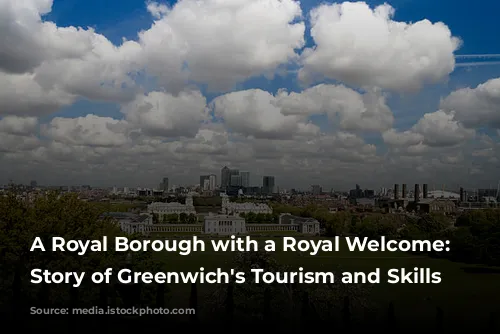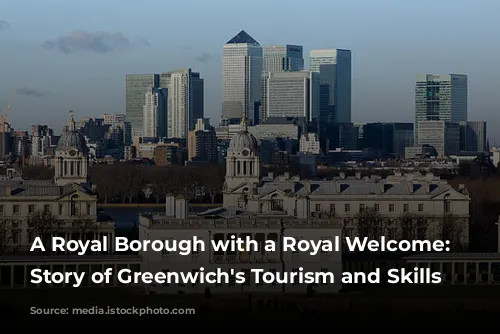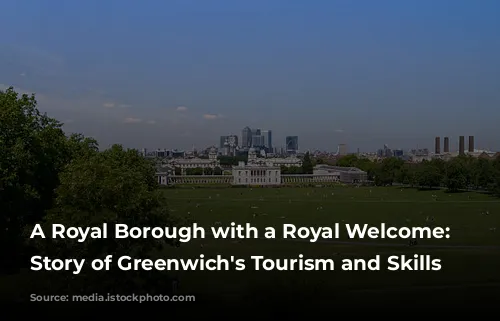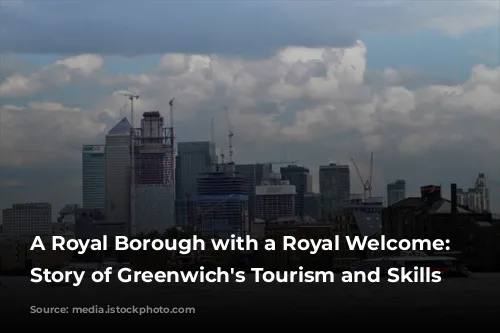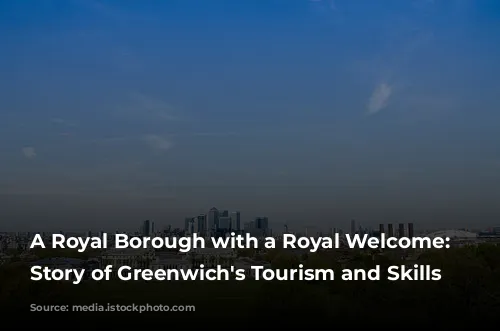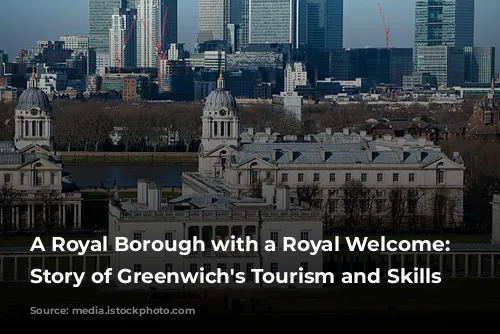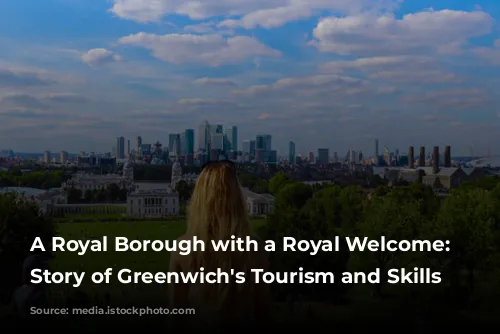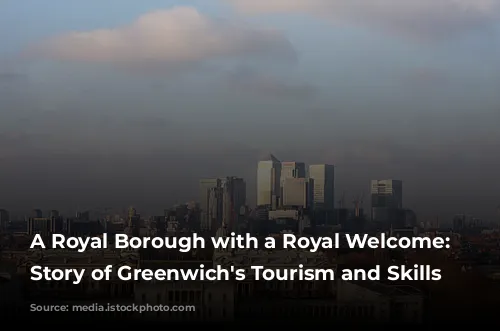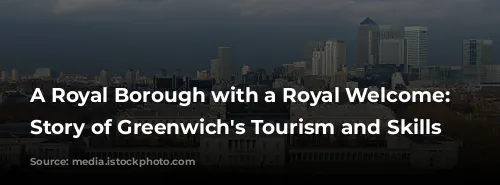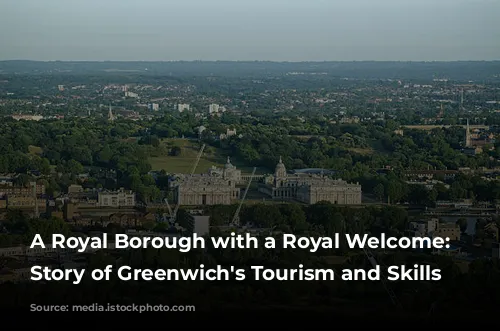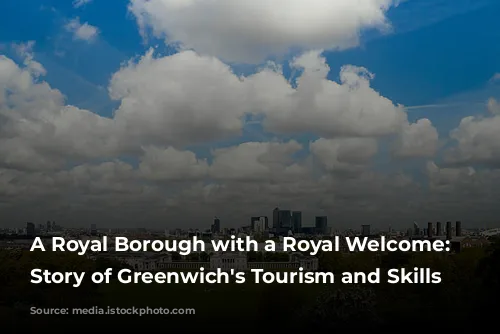The Royal Borough of Greenwich stands tall with a rich history, proudly owning a unique place in maritime history. The Greenwich meridian, a global landmark, puts Greenwich on the map for travelers from around the world. In 2018, the borough welcomed a record-breaking 19 million visitors, a mix of Londoners, UK residents, and international tourists.
Spreading the Benefits of Tourism
Visit Greenwich recognizes the importance of sharing the benefits of tourism across the borough. To achieve this, a whopping £31.59 million investment has been approved for arts and culture in Woolwich, scheduled to be completed by 2020. This significant investment will not only bring cultural vibrancy to the area but also contribute to its economic growth.
A Focus on Skills and Employment: Tackling Challenges in Tourism and Hospitality
The Employment and Skills Action Plan for London 2018 lays out a vision for sub-regional, business-led job and skills boards across the city. These boards will bring together employers, industry representatives, education providers, and government officials to collaborate on developing a skilled workforce. The plan highlights the hospitality industry as one particularly affected by restrictive immigration policies, making it a crucial focus for action.
Locally, Visit Greenwich takes the lead in promoting and developing the tourism and hospitality sector, with financial support from the council. However, despite the borough’s popularity, there’s a challenge: Data shows that tourism and hospitality are not seen as desirable, long-term careers in London. This leads to high staff turnover, lower productivity, and increased recruitment and training costs. Twenty-six per cent of the workforce are EU nationals, and a staggering 30 per cent of employees leave their jobs each year.
Several factors contribute to this problem:
- Improved transportation makes it easier for workers to commute to higher-paying jobs outside of the borough, making it tough for local businesses to retain their staff.
- A lack of diverse and qualified applicants makes it harder for businesses to find the right talent.
- Careers in the sector are undervalued, and schools are not effectively promoting tourism as a career path.
- Opportunities for professional growth and upskilling are limited, with inadequate support for adults seeking information, advice, and guidance, and expensive learner loans.
- Brexit, a looming uncertainty, adds another layer of concern with potential skills shortages if a portion of the current workforce leaves the UK.
Building a Skilled Workforce for the Future
The council is committed to using the adult education budget for flexible, non-accredited training programs that will boost people’s employability skills. They have a strong planning policy and utilize Section 106 agreements to secure local recruitment and pre-employment training. They also leverage their ownership of key buildings by leasing them at below market value with the condition that tenants create employment and training opportunities and engage in educational programming. The new service level agreement between the council and Visit Greenwich explicitly includes support for employment and skills development.
Collaboration is key to building a robust skills pipeline. Greenwich is fortunate to have a strong local network, including the University of Greenwich and London South East College, which contribute significantly to skills development in the sector.
Greenwich’s commitment to addressing the skills challenges in tourism and hospitality is evident in their proactive approach. By investing in skills development, promoting local talent, and fostering strategic partnerships, the borough is building a sustainable workforce that will ensure its continued success as a vibrant and welcoming destination for tourists and locals alike.

